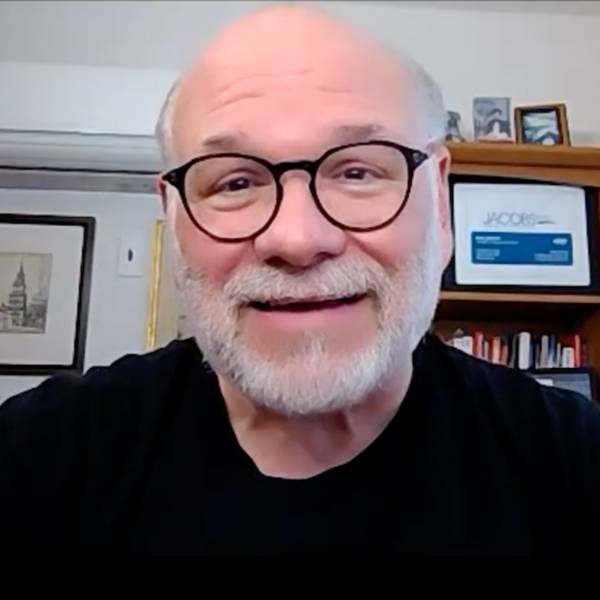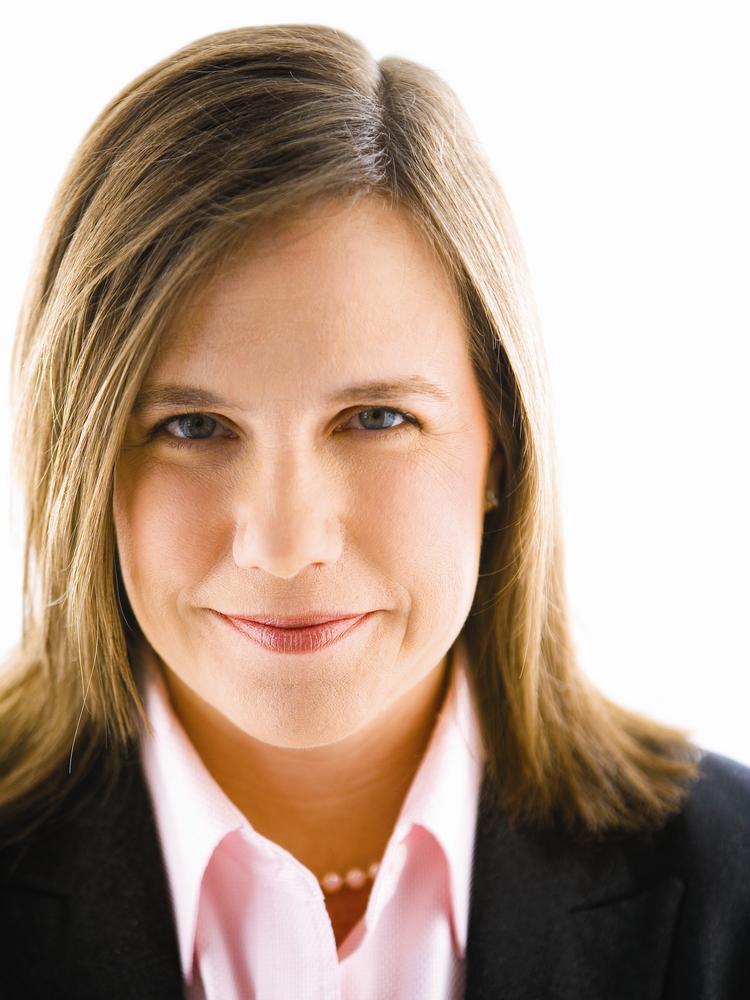Mary Stengel Austen on the Importance of Taking Risks
By Ken Jacobs
March 2022
Mary Stengel Austen co-founded The Tierney Group in 1989, a predecessor to the agency now known as Tierney. With offices in Philadelphia, Harrisburg, Pa. and New York City, Tierney is one of the mid-Atlantic region’s largest communications agencies and a member of the Interpublic Group of Companies.
The firm’s clients have included McDonald’s, Comcast, TD Bank, AmerisourceBergen, Choice Hotels, Independence Blue Cross and PECO Energy. AdAge has also included it on the publication’s list of “Best Places to Work.”
Here, the CEO shares her thoughts on taking chances, leading through the pandemic and supporting a collaborative workforce.
As a leader, you’ve said people must take chances and have permission to fail. How do you make that philosophy work?
I believe that taking calculated risks can improve business growth, enhance processes and ensure that the company continues to innovate. Risk-taking helps support the individual career growth of employees, through learning and development. Our world is constantly changing. Without taking risks, you may find yourself falling behind your competitors.
It’s important to support employees in developing their skills so they can seek out new opportunities and take more positive risks, to ensure the business remains competitive. Encouraging experimentation can aid individual growth for employees and help staff feel more satisfied in their roles, leading to increased morale and employee retention.
Fostering a workplace culture that supports calculated risks not only provides business benefits; it also helps support the individual career growth of staffers and eventually your ability to retain top talent.
It’s been two years since offices around the world started working remotely at the outset of the pandemic. What has navigating these tough times taught you about yourself as a leader?
As COVID-19 continues to affect people all over the world, it has had a significant impact on accommodations and flexibility within the workplace. With many employees stepping into caregiver roles for their children and elderly parents or grandparents, it’s more important than ever for companies to practice empathy and offer flexibility to their staffs.
Flexibility in the workplace has become a necessity rather than a luxury. In today’s business world, it’s become imperative that we offer employees accommodations and flexible work schedules.
You’re known to support workplace cultures of “Collaboration, Curiosity and Commitment to Community.” How do you make that idea more than just a nice alliterative phrase, especially in such a high-pressure field as communications?
The best way to inspire great work is to create a culture that nurtures people and their ideas. We are a community that celebrates deep intellectual curiosity, creativity and individuality. Our character and integrity as leaders are committed to building community in our world and to respecting the dignity of every person through our thoughts and actions.
Developing a collaborative work environment in a high-pressure, fast-paced industry requires a habit of thinking, acting and communicating openly. Creating a structure that can support this interaction is the first step toward building a collaborative working environment.
Companies with healthy, thriving cultures report, on average, three times higher productivity, outcomes, employee engagement and retention. We have learned that culture isn’t about location; it’s about people and purpose. It’s about being brave enough to evolve in response to changes and letting go to meet the ever-growing demands and needs of your people.
Right now, we have an opportunity to reshape culture — together — as we reimagine what our workplace of the future will look like. Our humility reminds us that there is a lot we don’t know, but one thing we do know: We will continue to cultivate an employee-first mindset.
We provide an environment where trust, autonomy, empowerment, empathy, inclusion, flexibility and psychological safety transcend all else between a vibrant, talented team of diverse people.
Think about the best leaders you’ve worked for in your career. What made them effective and inspiring?
In my experience, strong, transformative leaders give people the “runway” they need to soar personally and professionally. These leaders have a healthy ego but are equally aware of their weaknesses and desire for self-improvement and discovery.
The best leaders I’ve worked with are servant leaders with a growth mindset. They lead by example, are humble and surround themselves with people with diverse perspectives.
I’ve been fortunate to be mentored by leaders who understand the importance of emotional intelligence, integrity, fairness, curiosity, and know that listening can be even more important than offering your point of view.
One of my mentors, who is now in his 80s, always says: “Mary, if you are not learning something new or expanding your knowledge base every day, then you are not leading.” Certainly, these are words to live by.
In addition to being CEO of a communications agency, you’re the mom of five children. What leadership lessons have you learned from being a parent?
My husband and I have been blessed with family and child-care professionals who supported us as we raised our kids and were both working outside the home and chasing our careers. Life is about choices, deciding what your priorities are and understanding there will be personal and professional sacrifices and trade-offs along the way.
If the pandemic has taught us anything, it’s that leaders in the workplace and at home need to be resilient and adaptable to change. Leaders must protect and cultivate their relationships, express gratitude more often and be more comfortable being uncomfortable in times of uncertainty.
That said, leading a team with a greater sense of urgency, purpose and transparency about challenges and how you intend to meet them together can be transformative and energizing.
Probably the greatest lessons my children have taught me are about humility, the importance of kindness and having a sense of humor. We have always lived by the golden rule in our house… it is simple, but grounds us and reminds us what is really important.
As an aside, interestingly no one has ever asked my husband that question when he was serving in a CEO role.



